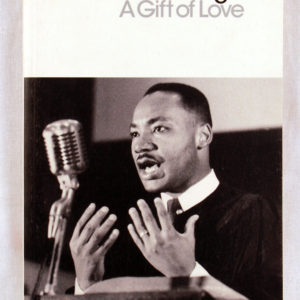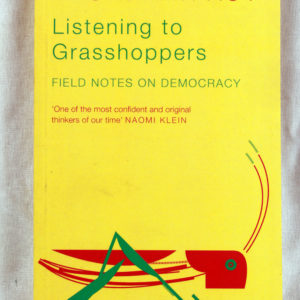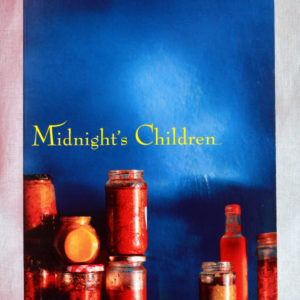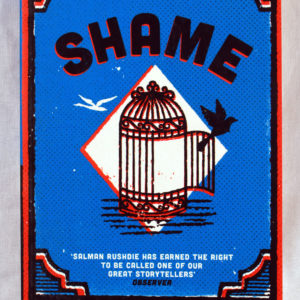Filter
The classic collection of sixteen sermons preached and compiled by Dr. King
As Dr. King prepared for the Birmingham campaign in early 1963, he drafted the final sermons for Strength to Love, a volume of his most best-known homilies. King had begun working on the sermons during a fortnight in jail in July 1962. While behind bars, he spent uninterrupted time preparing the drafts for works such as “Loving Your Enemies” and “Shattered Dreams,” and he continued to edit the volume after his release. A Gift of Love includes these classic sermons, along with two new preachings. Collectively they present King’s fusion of Christian teachings and social consciousness, and promote his prescient vision of love as a social and political force for change.
Midnight’s Children is a 1981 novel by British Indian author Salman Rushdie. It deals with India’s transition from British colonialism to independence and the partition of British India. It is considered an example of postcolonial, postmodern, and magical realist literature.
Shame is Salman Rushdie’s third novel, published in 1983. This book was written out of a desire to approach the problem of “artificial” (other-made) country divisions, their residents’ complicity, and the problems of post-colonialism, when Pakistan was created to separate the Muslims from the Hindus, when England gave up control of “India”…
The book was written in the style of magic realism. It portrays the lives of Iskander Harappa (sometimes assumed to be Zulfikar Ali Bhutto), and General Raza Hyder (sometimes assumed to be General Muhammad Zia-ul-Haq), and their relationship. The central theme of the novel is that begetting “shame” begets violence. The concepts of ‘shame’ and ‘shamelessness’ are explored through all of the characters, with main focus on Sufiya Zinobia and Omar Khayyám.




